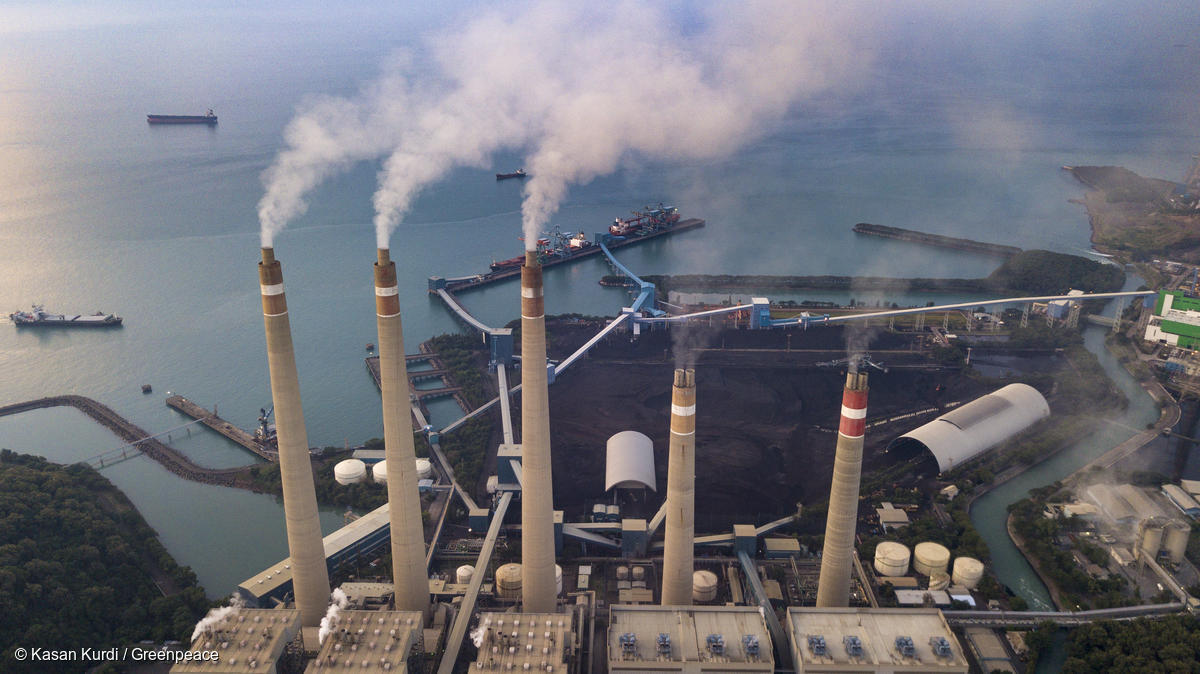JAKARTA — As Indonesia, one of the world’s biggest polluters, plans to retire its fleet of coal-fired power plants to tackle climate change, one critical question is being overlooked: What happens to the communities and environments they leave behind? An analysis by the Indonesian Center for Environmental Law (ICEL) found that environmental legacy impacts, such as pollution, degraded ecosystems and lost livelihoods, are not integrated into current transition plans. Indonesia’s current regulatory framework, particularly the 2009 electricity law, does not mandate post-operation planning for coal-fired power plants. This is a stark contrast to the mining law, which obliges post-operation rehabilitation. As a result, environmental impact assessments, known as AMDALs in Indonesia, for coal plants routinely exclude post-closure recovery plans, leaving behind long-term environmental degradation and unaddressed social costs once plants are shut down. ICEL reviewed the AMDALs of six coal plants on the islands of Sumatra, Java and Bali and found that most lacked any mention of post-operation planning or environmental recovery measures. “What we found is that post-operation impacts assessed mostly relate to demolition dust or noise from increased truck traffic,” ICEL program deputy director Grita Anindarini said during a recent event in Jakarta. This limited focus suggests AMDALs are treating closures as construction projects, rather than as opportunities for environmental recovery and justice. This is despite a well-documented history of coal plants damaging ecosystems and disrupting livelihoods across the archipelago. In Bali, the Celukan Bawang coal-fired plant has been blamed for damaging coral reefs and coastal ecosystems, which…This article was originally published on Mongabay
From Conservation news via this RSS feed


